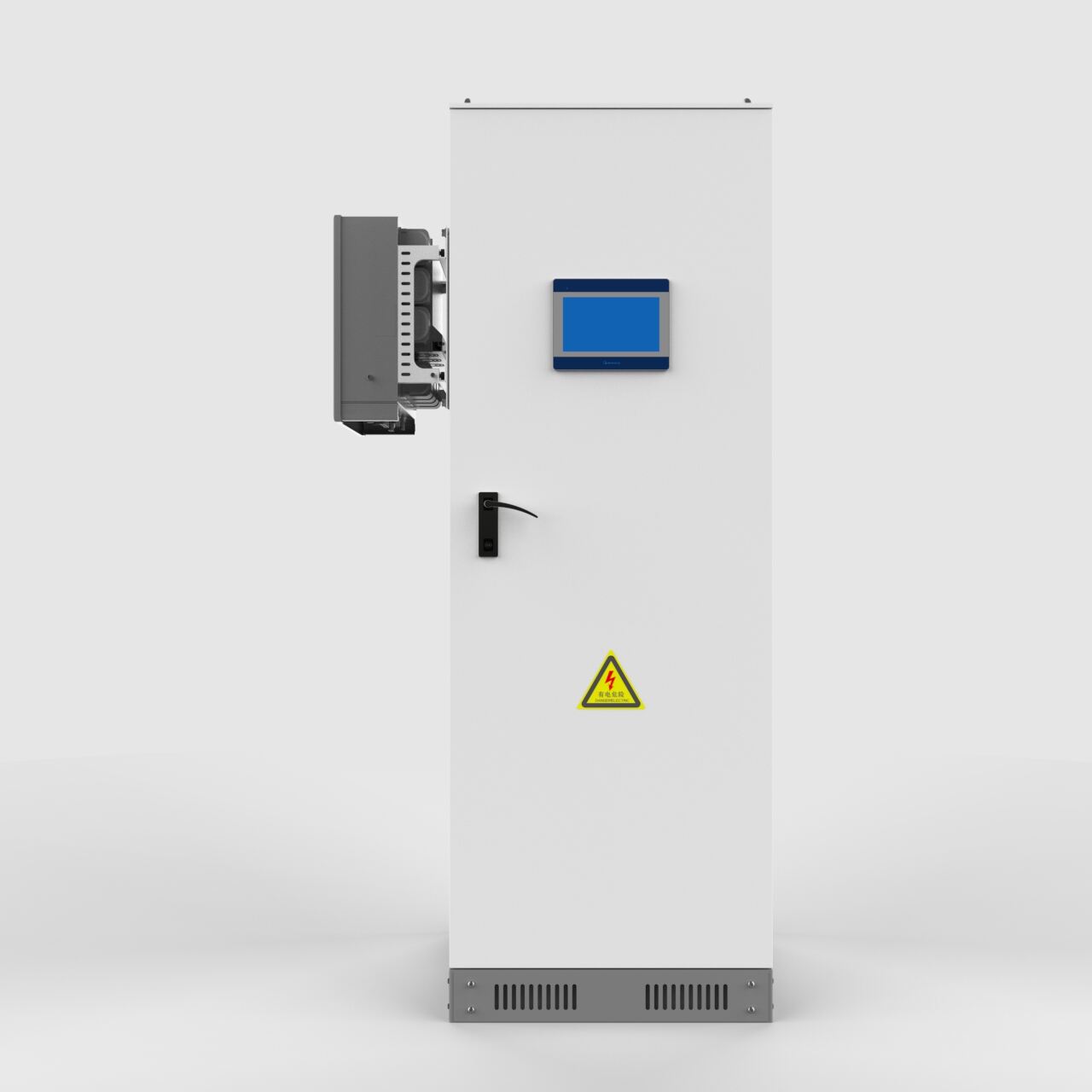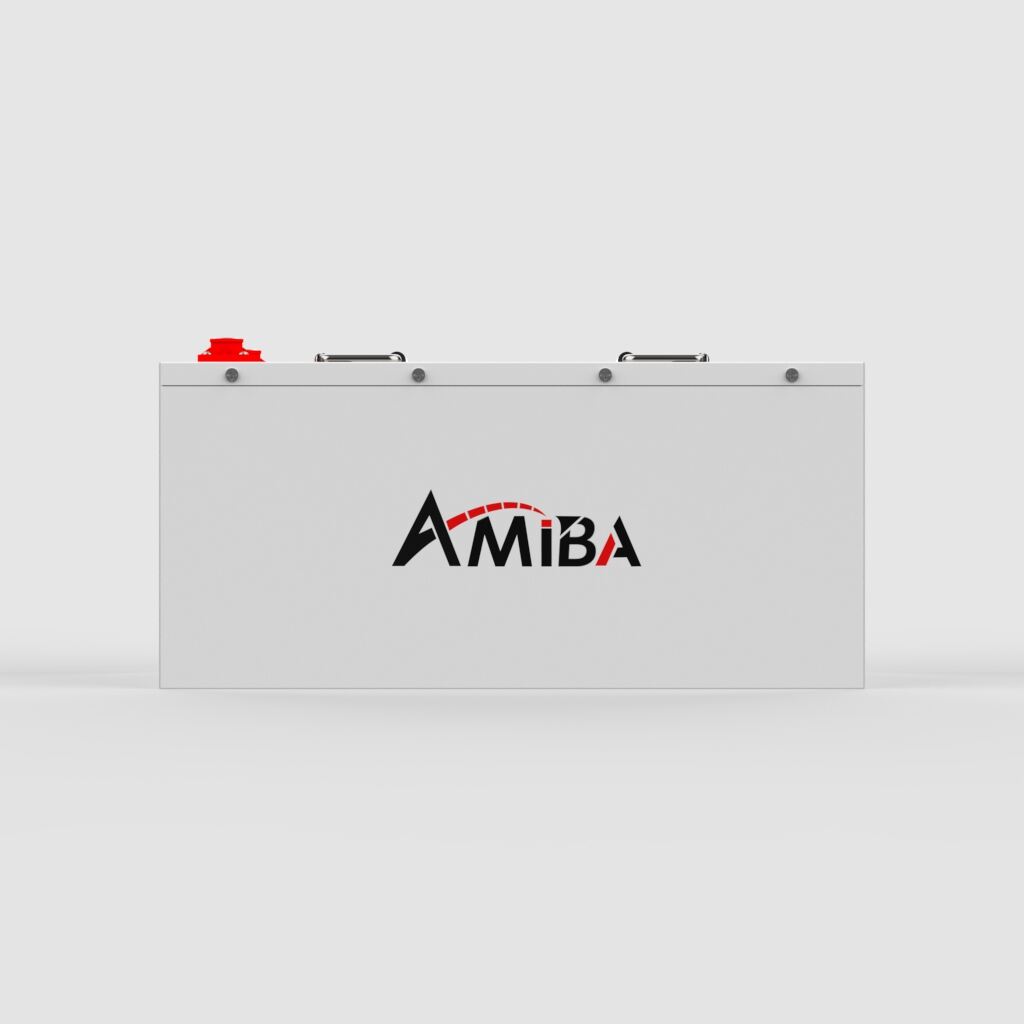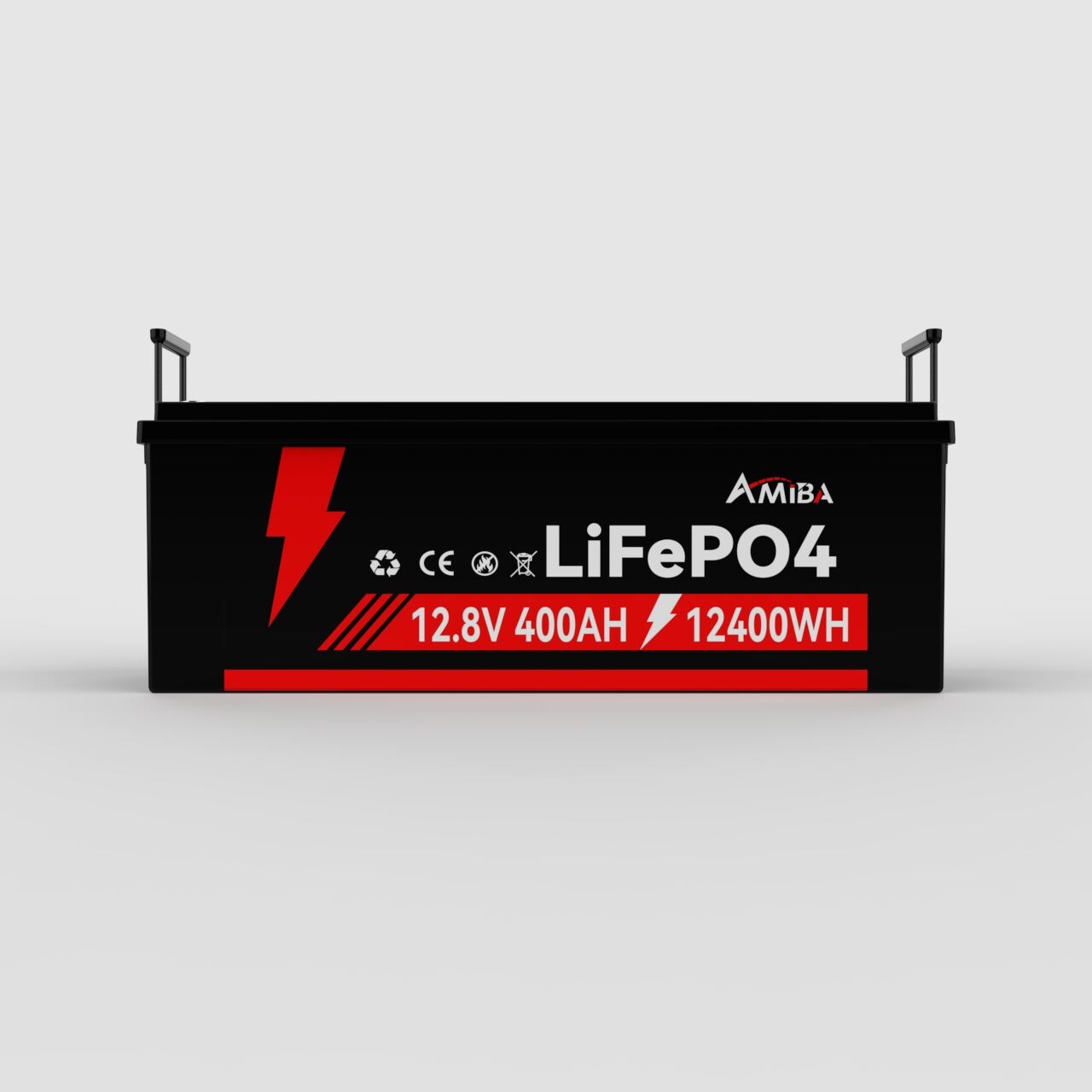Lithium batteries pack way more punch when it comes to energy density compared to old school lead acid models. They basically cram more power into much smaller spaces while weighing far less too, which explains why so many people are turning to them for storing solar energy at home. Efficiency rates usually hit around 90% or better, meaning these batteries lose very little energy during those constant charging and discharging routines we all go through daily. For folks who have invested heavily in solar panels, this kind of efficiency really pays off over time. And let's not forget about durability either lithium packs can handle upwards of 3000 full charge cycles before showing signs of wear. That kind of lifespan definitely makes sense financially in the long run even though they do cost more initially than other options on the market today.
Lithium batteries have a much longer life than regular ones, often making it to around 10 years sometimes even more while standard batteries usually last between 3 and 5 years at best. Homeowners end up spending less money on replacements because these batteries stick around so long. Another big plus is how they handle being drained completely without getting damaged, which cuts down on maintenance expenses and actually gives more usable power out of each charge cycle. People who install them report feeling more confident about their backup power systems since there's less chance of sudden failures during critical moments. With ongoing improvements in battery tech, we could see lifespans stretching past 15 years soon enough, making lithium an increasingly smart choice for those looking to invest in reliable home energy storage that stands the test of time.
Lithium battery systems today have all sorts of safety features built right in to keep them running reliably. The thermal management system stands out as a major component since it stops things from getting too hot and reduces chances of fires breaking out. Most models also include monitoring systems that watch how they perform in real time, helping to maximize efficiency without compromising safety. Before hitting store shelves, these batteries go through strict safety evaluations required by regulations, which gives people confidence when installing them at home. With all these protections in place, lithium batteries remain one of the best options available for storing energy in homes, giving peace of mind to anyone concerned about proper installation and day to day operation.
When paired with solar panels, lithium batteries make home solar systems way more useful and efficient. Homeowners can now store extra sunlight energy produced during the day in these batteries instead of sending it back to the grid. They then draw from this stored power when electricity rates are highest, which saves money on monthly bills. Some reports suggest savings could reach around 70%, though actual results vary depending on location and usage patterns. Another big plus is that lithium batteries take up less space compared to older battery types while lasting longer between replacements. For most families looking to cut costs and reduce their environmental impact, this combo makes good sense both financially and practically.
Lithium batteries have proven really good at storing solar energy which makes them work pretty well for homes looking at alternative power options. When people start moving away from traditional electricity grids toward renewables like sun power, these battery systems give them much needed control over their energy usage throughout different times of day and seasons. Hooking up with solar panels works surprisingly well too. Most homes find they don't lose power during cloudy days or at night anymore, so switching to cleaner energy becomes something practical rather than just idealistic. Plus there are real money savings involved when compared to regular utility bills over time.
When people combine lithium batteries with solar panels, they actually gain more control over their energy needs since they're not so tied to the grid anymore, which can be pretty unreliable at times. Homeowners who go this route typically find themselves with power even when the grid goes down or experiences those annoying little dips and surges. Take places where blackouts happen all the time, like some coastal communities during hurricane season for instance. Having one of these lithium solar battery setups makes all the difference there. The systems just keep working no matter what, which is why more folks are starting to see them as almost necessary rather than optional if they live somewhere where the electricity just isn't dependable day to day.
We're seeing a clear shift toward decentralized power setups, which makes lithium paired with solar panels look pretty promising for the future. Many industry folks think these distributed energy options are going to take off big time in coming years, especially as people start looking for alternatives to traditional grid reliance. The combination works well because it lets homes generate their own electricity while still having backup when storms knock out power lines. Households with this setup don't have to worry so much about being left in the dark during outages, giving them greater control over their energy needs overall.
Lithium battery setups are really scalable, which means they work well for homes as families grow and energy needs increase. What makes these systems so good is their ability to keep pace with changing household requirements while still being environmentally friendly in the long run. Upgrading doesn't mean throwing out everything already installed. When extra storage capacity becomes needed, homeowners simply add more batteries to the existing system. This modular approach gives flexibility that older battery technologies just don't have. Most people find it much easier to expand their power storage this way rather than replacing whole systems when demand goes up.
With households expected to consume more energy going forward, there's a growing need for adaptable power storage options. Lithium batteries stand out because they come in modules that can be added on as needed, which means owners can boost their storage capacity bit by bit without having to replace everything at once. Looking ahead, many experts predict homes will need significantly more electricity than before. This makes scalability not just nice to have but actually essential when comparing different battery technologies. Homeowners who want to stay ahead of rising demands often find themselves leaning toward lithium solutions simply because they grow with the user rather than becoming obsolete after a few years.
The IES3060-30KW & 60KWh lithium battery from Industry Energy Storage really catches attention because of its impressive capacity plus those smart management features. Homeowners and small businesses alike find it works well for their needs since it can manage changing power requirements without breaking a sweat. What makes this unit special is how it actually saves money over time through better energy management. Market research shows folks are gravitating toward the IES3060 these days thanks to how versatile it is across different situations and its track record of dependable performance when storing electricity. Many installers report customers come back satisfied after months of using this particular model.

The 12V24V Lithium Battery LAB12100BDH works really well in all sorts of situations. People use it everywhere from recreational vehicles right down to boats and even those remote solar powered homes away from the grid. Weighing next to nothing and taking up very little space makes installation simple no matter where someone wants to put it. Real world experience shows these batteries just keep going without issues whether they're sitting under hot sun or freezing cold conditions. Most customers report that their LAB12100BDH units deliver steady power day after day, which is why so many folks come back for replacements when theirs eventually wear out after years of service.

Lithium batteries come in 12V and 24V setups that let people build their own storage systems tailored exactly to what they need at home. Homeowners can mix and match components based on how much power they actually use day to day. The ability to expand or upgrade these systems makes sense when energy needs grow over time. According to recent market analysis, there's been a clear trend moving towards this kind of modular approach. These flexible configurations aren't just convenient now but position households for whatever energy challenges might come down the road. Manufacturers are seeing increased demand for adaptable battery solutions that keep pace with changing technology and consumer expectations.

The future looks bright for lithium-ion battery tech as we're seeing some pretty impressive gains in capacity and lifespan, which means better performance for those home energy storage setups. Scientists have been playing around with all sorts of new stuff lately, especially solid electrolytes, trying to push these improvements further along. What's happening here goes beyond just lab experiments though. These changes could actually reshape how people think about energy storage at home. According to industry reports, we should expect prices to drop quite a bit while safety gets better too. That makes sense when thinking about getting high quality batteries into regular households without breaking the bank.
Smart homes are becoming more common these days, and this trend is pushing people to combine lithium batteries with those fancy AI energy managers we hear about so much. What happens? Well, folks actually start getting better control over their home power stuff because these systems automatically adjust themselves according to how much electricity costs at different times and what kind of patterns they spot in usage. Pretty cool really. These kinds of smart setups help manage energy way better since they figure out on their own whether to save power or use it right then. Most professionals working in the field think this change represents something big for households looking to cut down on wasted energy while still keeping things running smoothly without breaking the bank on monthly bills.
Sustainability concerns are increasingly influencing how batteries get made and eventually recycled across the energy industry. Businesses now focus heavily on green approaches, looking at things like responsibly obtaining lithium and developing better ways to recycle old batteries. A lot of manufacturers have committed themselves to reaching net zero emissions, adjusting their production methods to match what society expects from an environmental standpoint. Recent improvements in recycling rates look promising too. We might actually see a circular system forming where parts from spent lithium batteries get put back into new products instead of ending up in landfills. This would cut down on waste dramatically while helping build something that lasts longer than our current throwaway culture allows.